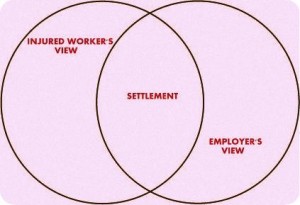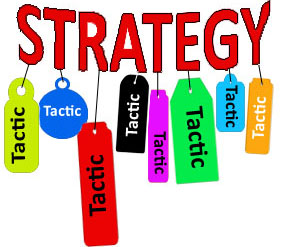YOU HAVE TO GET OUT OF B-E-D TO SETTLE
 Blame
BlameIt’s easy to blame the other side. “The adjuster/ defense attorney/ applicant’s counsel isn’t paying attention.” “They’re keeping the case going for the wrong reasons.” Whatever. The only person you can control is you. Without casting aspersions, start communicating anew keeping the end in sight. This might mean sending an email AND a letter, calling and maybe texting. Bring in your favored mediator AND file a DOR.
Let go of the past. Maybe you made a mistake or missed an opportunity which would have set the claim on a better course. How much could you have settled that claim for 4 years ago? Resolve to start over today.
Denial
Get serious about evaluation. You can’t properly manage a claim if you shut your eyes to the true cost of keeping it open. In “old dog” cases, medical expenses almost always go up. Even when a drug is scheduled to go generic, a new, better, expensive drug becomes available. A settlement has to cover the injured worker’s future claim-related medical expense. Six percent is not a realistic discount rate. On the other hand, let’s be honest about what treatments the injured worker will actually use.
Get Out of B-E-D Now
Changing your attitude can change your results.
Maybe you made a mistake or missed an opportunity which would have set the claim on a better course. How much could you have settled that claim for 4 years ago? Resolve to start over today.









